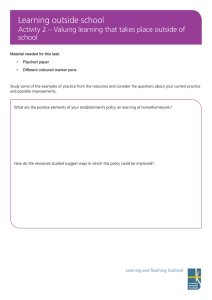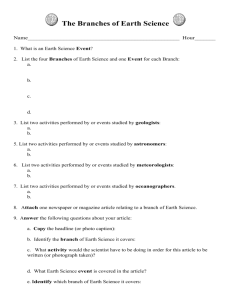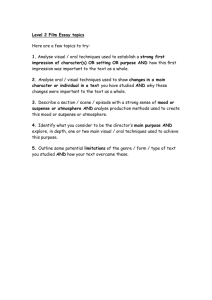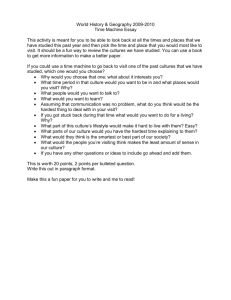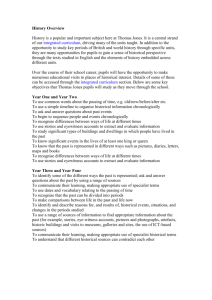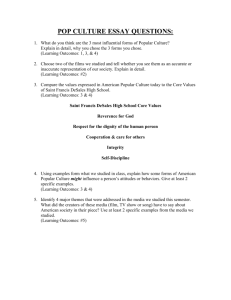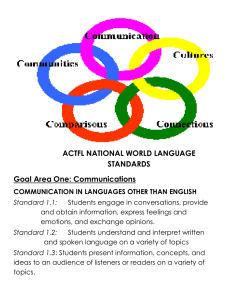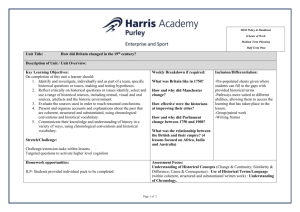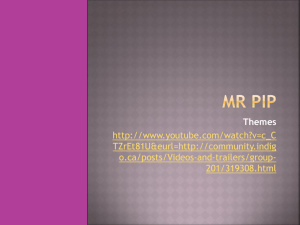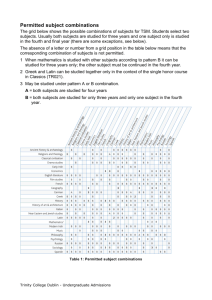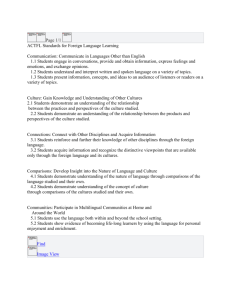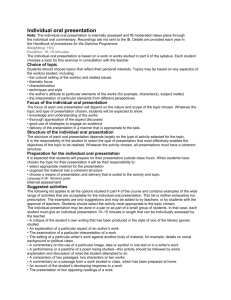History: Key Stage 3
advertisement
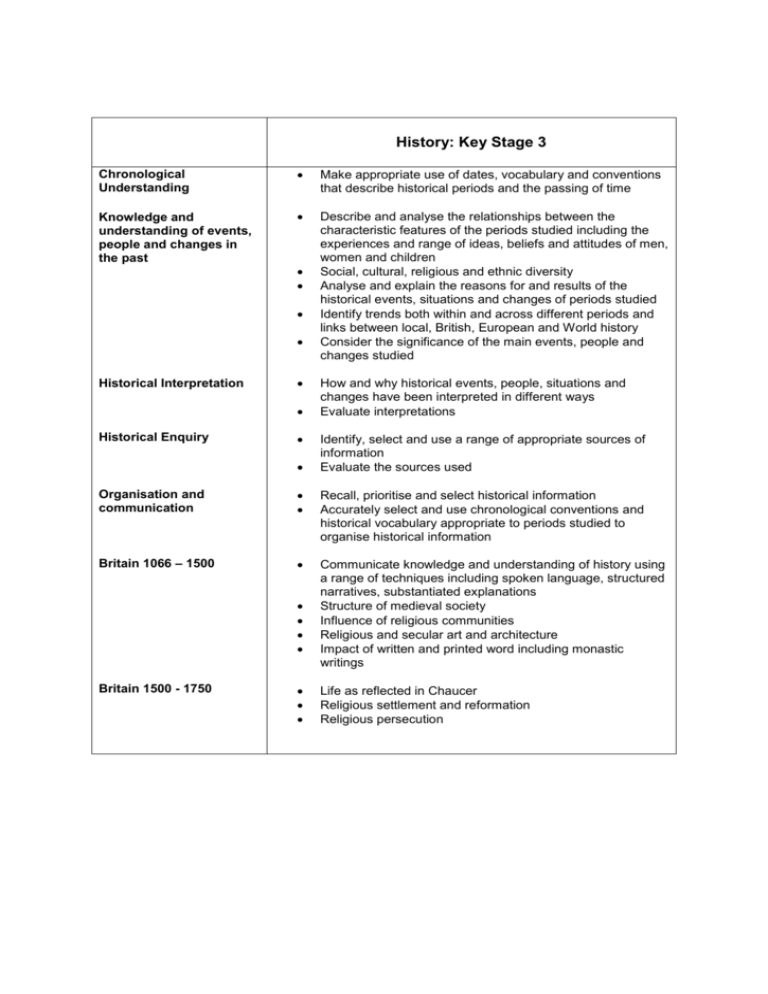
History: Key Stage 3 Chronological Understanding Make appropriate use of dates, vocabulary and conventions that describe historical periods and the passing of time Knowledge and understanding of events, people and changes in the past Describe and analyse the relationships between the characteristic features of the periods studied including the experiences and range of ideas, beliefs and attitudes of men, women and children Social, cultural, religious and ethnic diversity Analyse and explain the reasons for and results of the historical events, situations and changes of periods studied Identify trends both within and across different periods and links between local, British, European and World history Consider the significance of the main events, people and changes studied Historical Interpretation Historical Enquiry How and why historical events, people, situations and changes have been interpreted in different ways Evaluate interpretations Identify, select and use a range of appropriate sources of information Evaluate the sources used Organisation and communication Recall, prioritise and select historical information Accurately select and use chronological conventions and historical vocabulary appropriate to periods studied to organise historical information Britain 1066 – 1500 Communicate knowledge and understanding of history using a range of techniques including spoken language, structured narratives, substantiated explanations Structure of medieval society Influence of religious communities Religious and secular art and architecture Impact of written and printed word including monastic writings Britain 1500 - 1750 Life as reflected in Chaucer Religious settlement and reformation Religious persecution
